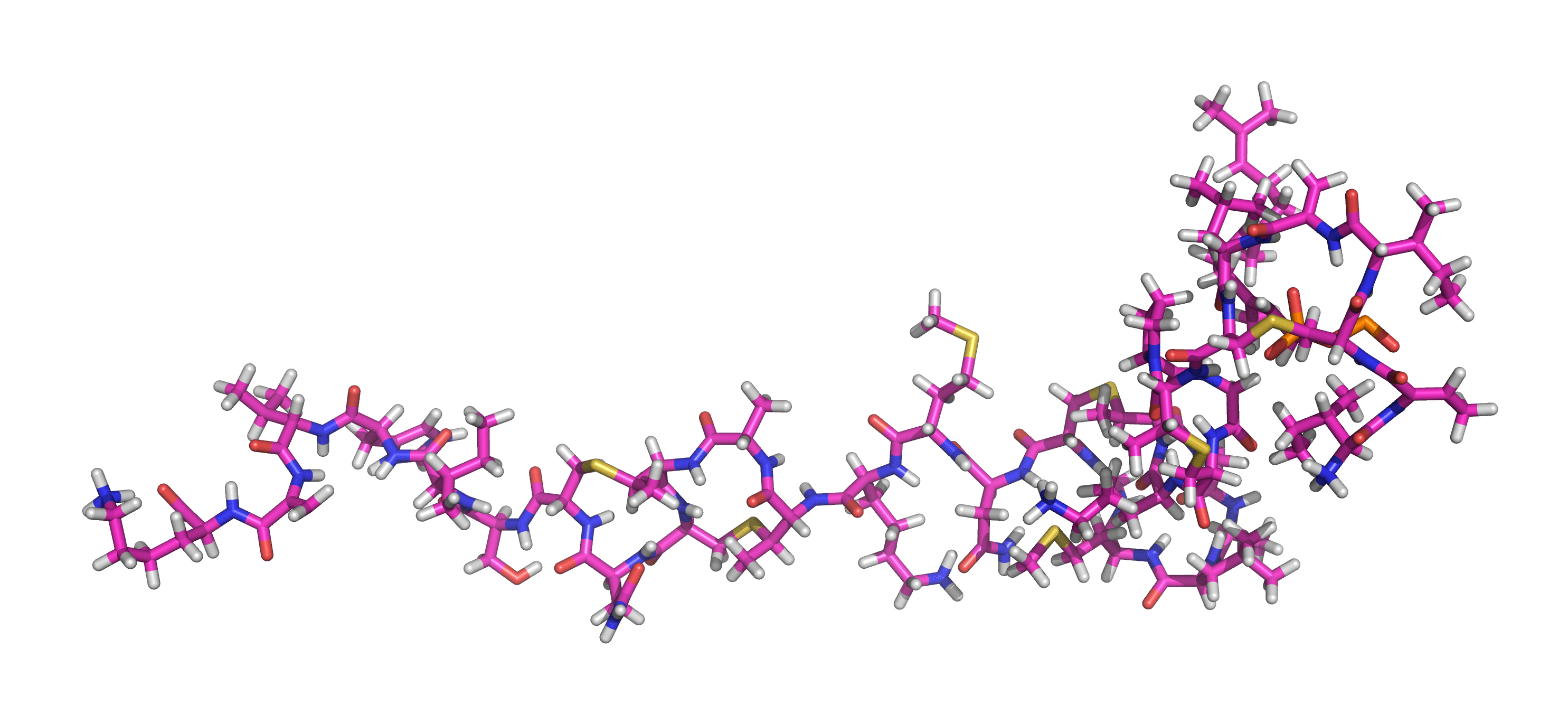Irish bioinformatics technology company Nuritas has raised $3.4 million in Series A funding in a round led by Singaporean food and ag private investment firm New Protein Capital, and including one of agtech’s earliest angel investors Ali Partovi.
Nuritas is developing a database of molecules — namely peptides — found in food that have health benefits, and will go on to sell ingredients containing these peptides to food, pharmaceutical, cosmetics and supplement companies to use in their products.
The company has built an algorithm to help identify these peptides at speed and is using machine learning to develop the process further, veering into the world of artificial intelligence.
“At the moment there’s a huge need for novel ingredients as food companies all want to differentiate and enhance the nutritional value of their food. But there’s a huge shortage of functional ingredients to do this with,” Nora Khaldi, founder of Nuritas told AgFunderNews.
“So far it has been very hard to identify these peptides; current methods take a very long time so they aren’t sustainable and, therefore, impossible for many companies. So what we’re doing is bringing this new technology, based on artificial intelligence, which can do this fast.”
For Partovi, who has invested in a range of both artificial intelligence and food and agriculture technologies such as Nervana, BrightFarms, and Hampton Creek, the combination of the two worlds was very appealing.
“Nuritas is at the intersection of several fields in which I have invested in before, but I’ve never seen a company that brings together these different passions of mine quite like this,” he told AgFunderNews. “While it’s a hybrid, I would say first and foremost it’s an AI company, which is creating a process whereby computers eliminate a lot of the work that’s currently done by biochemists and molecular biologists.”
Partovi was also drawn to the company’s sustainable ethics: it is focusing on discovering these peptides in the byproducts of many food crops and products. One of its first ingredients is a peptide from the byproduct of a grain we eat every day, which Nuritas claims has the capability of killing the MRSA virus that plagues many hospitals worldwide.
“There are a number of different themes within food and agriculture that really matter to me and that I think are lucrative, but the unifying theme is reducing the amount of waste and environmental footprint that the industry has,” said Partovi. “Nuritas has an amazing opportunity to create more value out of waste as they’re initially focusing their efforts on parts of food that aren’t commonly eaten, it could be the roughage that’s thrown away. Waste is reduced when you figure out a valuable use for it, where it’s a part of a crop that’s not utilised, or the discovery of a higher value use; either scenario reduces waste.”
Nuritas is the culmination of much of Khaldi’s career of work and all started when she finished her PhD and realized that very little research was being done into the components of food, not even by the pharmaceutical technology companies. So she went on a mission to better understand food components and how they interact with the body; how they bind with the body’s internal receptors to trigger a healthy signal. One key area of focus for prevention is inflammation, which is at the core of most diseases, according to Khaldi. “So we are looking for molecules that bind with inflammation receptors because if there’s a way to regulate and keep inflammation at healthy levels, it will impact human kind in general,” she said.
The company’s algorithms are now looking at over 30 billion peptides in each food source and narrowing them down to those with apparent health benefits. Depending on the size of the genome, the process can vary in timeframe, but with machine learning, each test’s successes and mistakes can be learned from.
As the database of these peptides grows, Nuritas aims to eventually be able to provide personalized nutritional information, according to Khaldi.
“Later in the future, we should be able to take our own genomes and tell what peptides we should eat more of to increase our lifespan,” she said.
Partovi has other future ideas in mind: “If you could find the DNA for miraculous proteins that could reverse ageing or do other things to promote health, you could genetically modify those into crops and actually have crops with lifesaving properties,” he said. “That’s a somewhat flippant comment, but that’s the realm of where Nuritas could be. If anyone can do it, they will be a clear leader.”
With the proceeds from this funding round, Nuritas aims to grow its 10-strong team, work towards the commercialization of its first ingredients, and continue to grow the database.
Nuritas had only raised $100k in pre-seed funding before this round, which was raised just after Khaldi left university and she intentionally kept external funding to a minimum. The company has also been self-funded, bringing in some revenues already by identifying specific ingredients for food companies with specific health benefits. Nuritas will maintain royalties on the use of those ingredients, but this is not the company’s main business objective and it will probably reduce its work in this area, to focus on selling ingredients commercially, said Khaldi.
Nuritas was the winner of the SVG Thrive Accelerator over the summer, a collaboration between SVG Partners, a Silicon Valley VC headed up by John Hartnett, Forbes, Verizon and Western Growers.
Have news, tips or want to write a guest post? Email [email protected]





